In a recent landmark ruling, the Supreme Court delivered a decisive blow to President Biden’s ambitious plan to alleviate the burden of student loan debt. By a margin of 6-3, the justices determined that the Biden administration had exceeded its authority in its proposal to cancel up to $400 billion in student loans. This decision, handed down in Biden v. Nebraska, underscored a strict interpretation of federal law, as articulated by Chief Justice John Roberts.
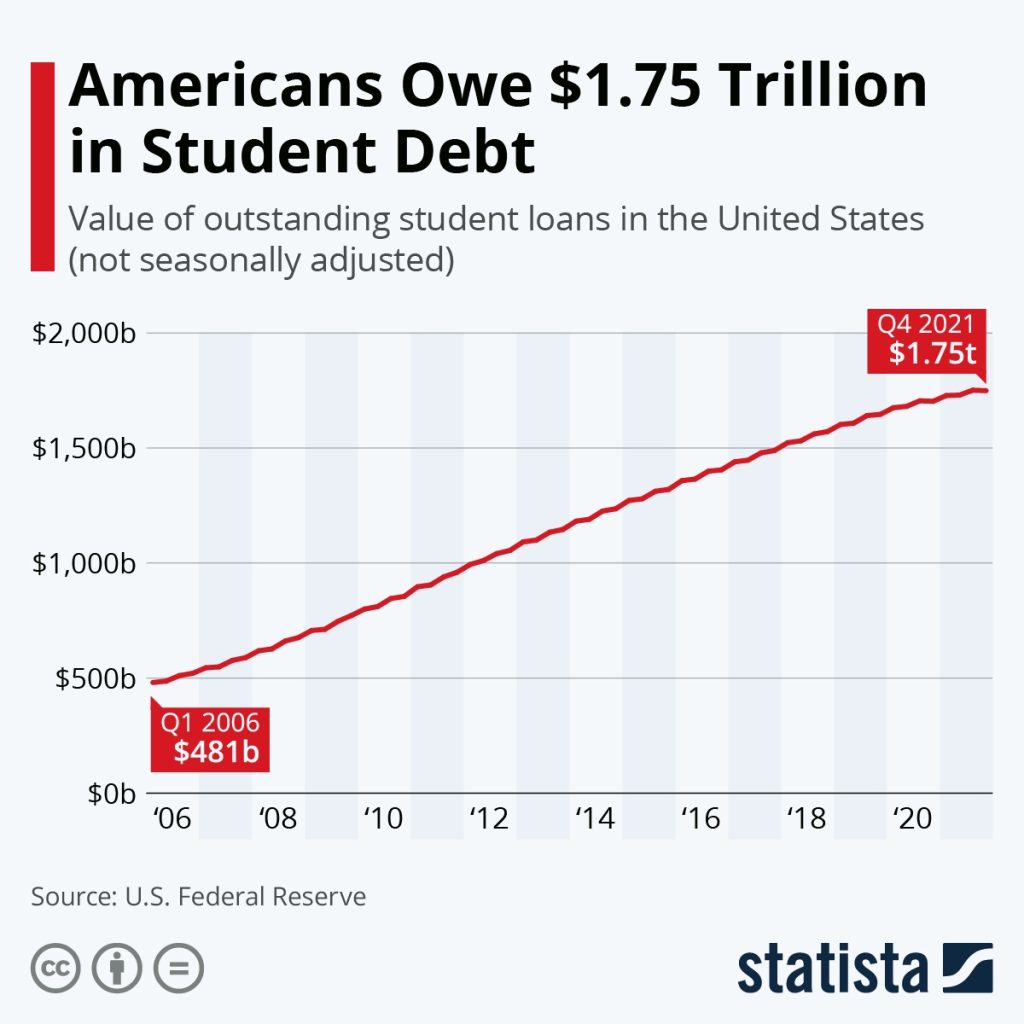
The Biden administration’s initiative, announced in August 2022, aimed to provide relief to millions of Americans grappling with student loan repayments. With student-loan repayments already suspended for over two years due to the COVID-19 pandemic, President Biden’s plan sought to fulfill a campaign promise by permanently canceling up to $20,000 in loans for eligible borrowers. However, legal challenges mounted, with federal courts in Missouri and Texas placing the program on hold.
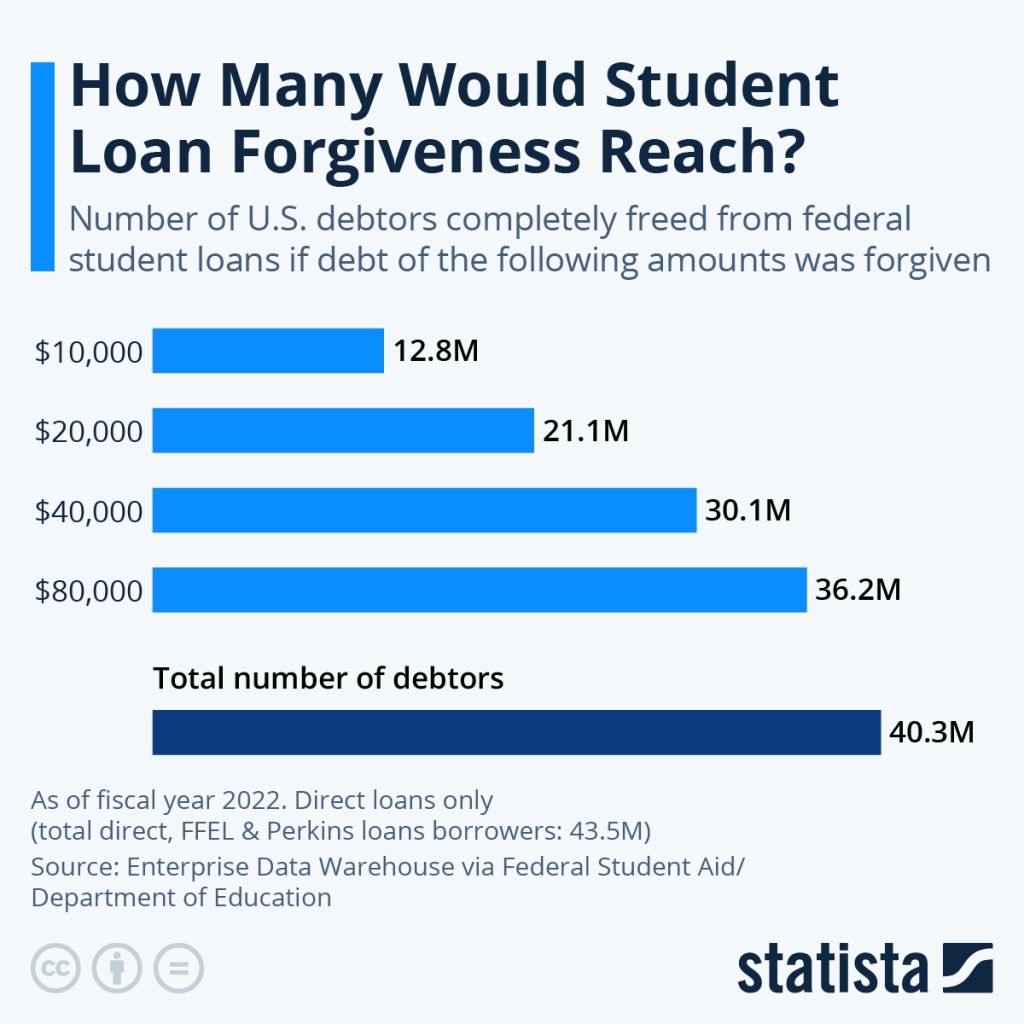
The opposition to the debt-relief plan came primarily from six states with Republican attorneys general and two individual borrowers. These challengers argued that the program failed to comply with existing federal laws, including the HEROES Act, which grants the secretary of education the authority to modify provisions governing student-loan programs during national emergencies.
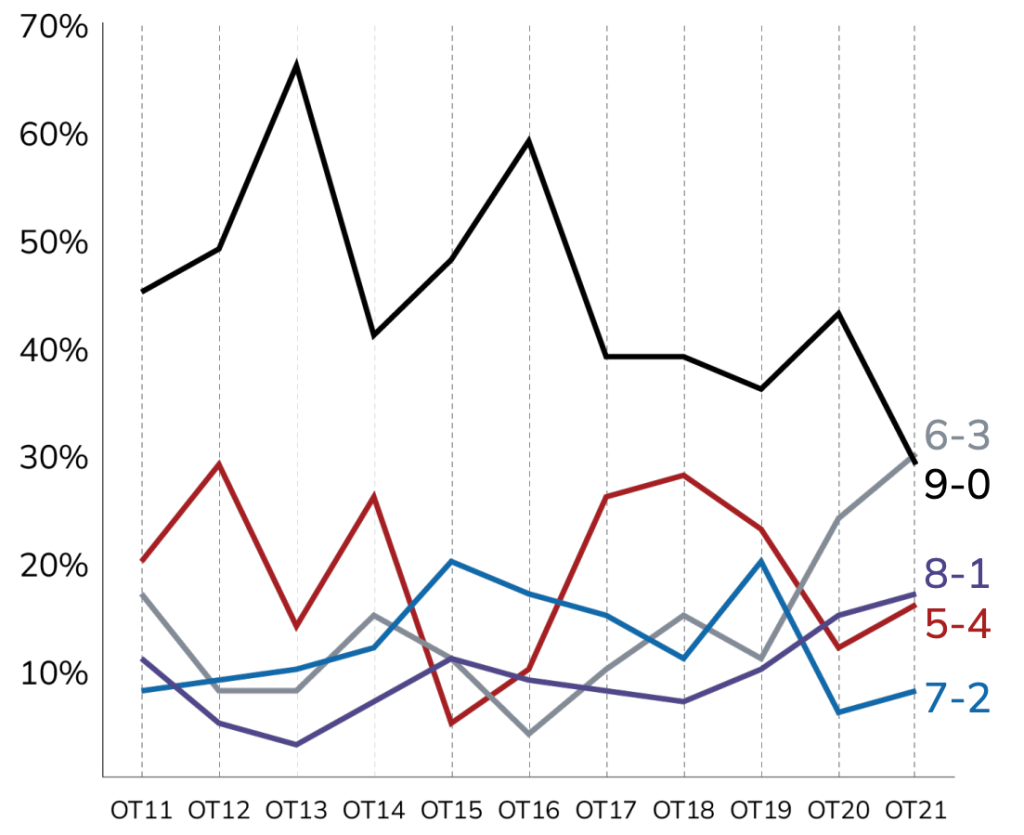
In yet another 6-3 vote, the dissenting voices, including Justices Elena Kagan, Sonia Sotomayor, and Ketanji Brown Jackson, expressed concerns about the ramifications of the court’s decision, the majority opinion prevailed, dealing a significant setback to President Biden’s agenda.
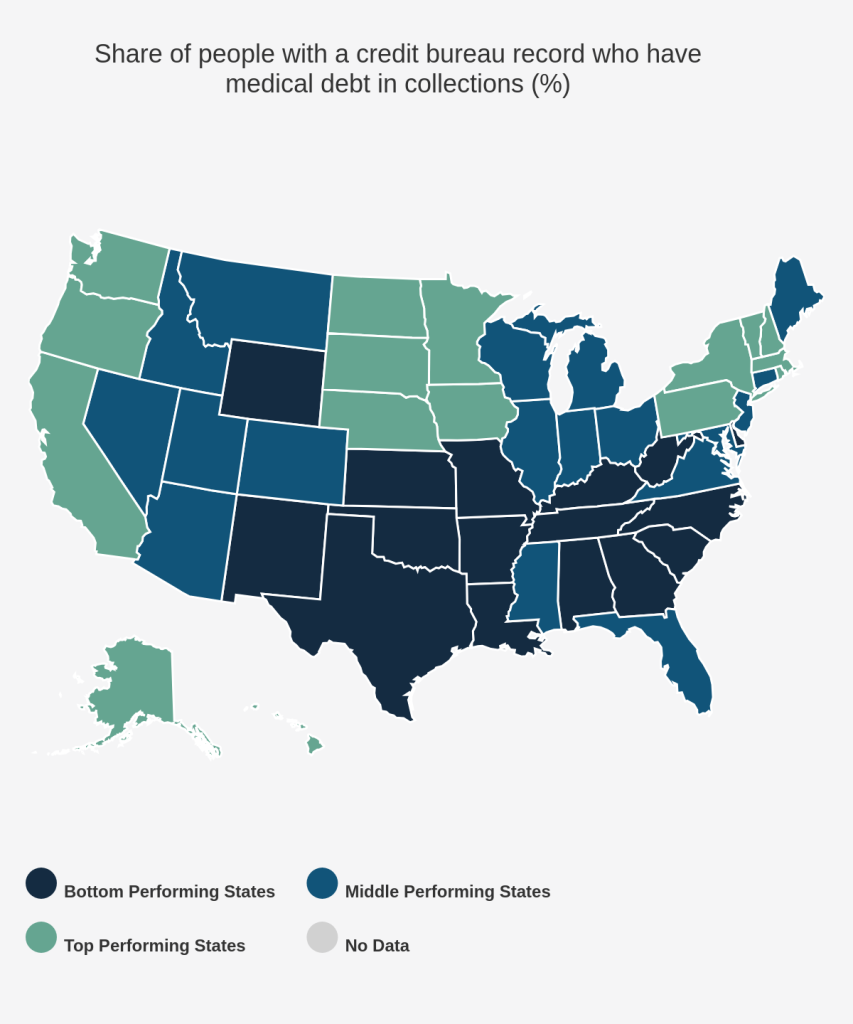
This ruling holds broader implications beyond the realm of student loans, potentially foreshadowing the fate of other progressive proposals, including Senator Bernie Sanders’ ambitious plan to tackle medical debt. Sanders introduced legislation aimed at eradicating the staggering $220 billion in medical debt burdening millions of Americans, along with measures to wipe it from credit reports and curtail the accumulation of future medical debt.
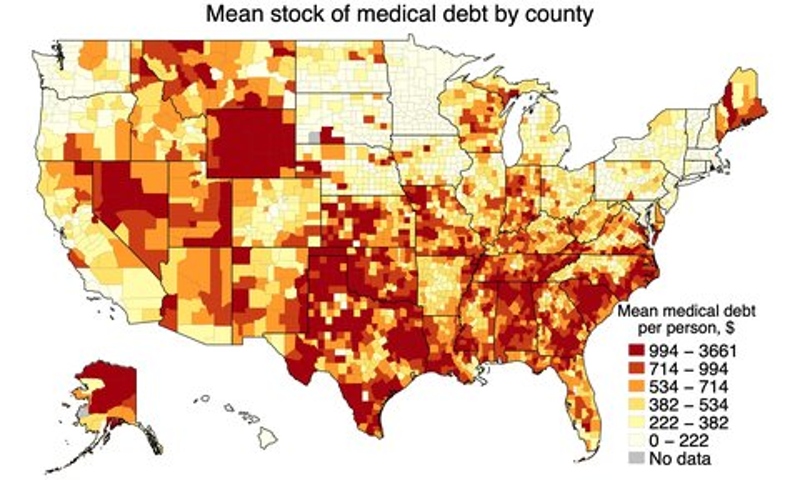
The medical debt crisis has reached alarming proportions in recent years, wreaking havoc on individuals’ financial well-being and dissuading them from seeking essential healthcare services. Statistics reveal that a substantial portion of working-age adults in the United States grapple with medical debt, with significant percentages burdened by debts exceeding $500 or even $2,000.
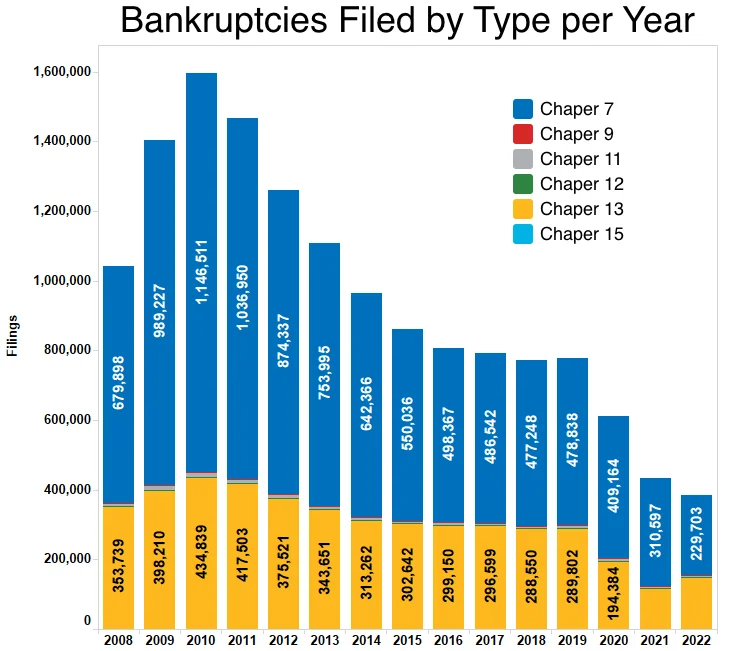
Senator Sanders’ impassioned plea to address this crisis underscores the urgent need for systemic reform. However, given the hurdles faced by President Biden’s debt-relief initiative in the face of legal challenges and judicial scrutiny, Sanders’ proposal for medical debt forgiveness may encounter similar obstacles.
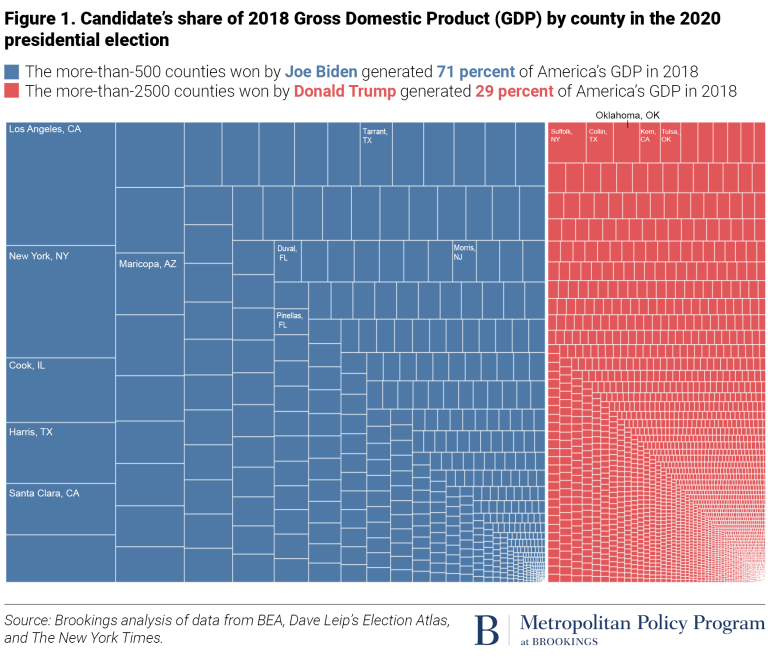
The alignment of opposition primarily from Republican quarters underscores the partisan divide that permeates these policy discussions despite their minority 29% GDP production they seem poised to control the financial fate of millions.
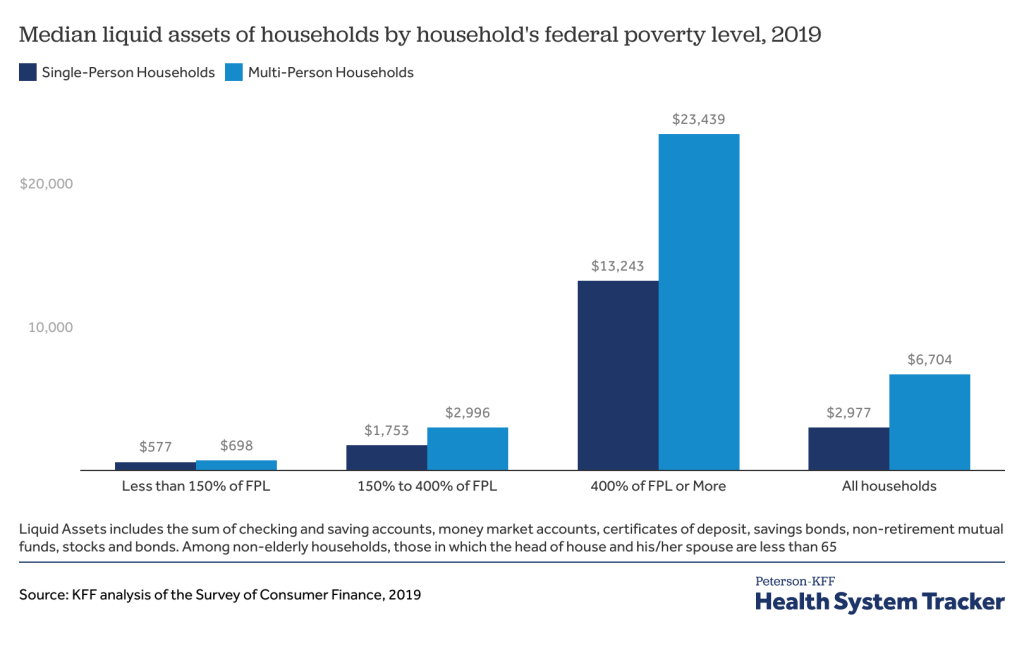
While Democrats advocate for measures to alleviate the financial burdens facing ordinary Americans, Republican-led challenges in the courts pose significant hurdles to realizing these ambitions.
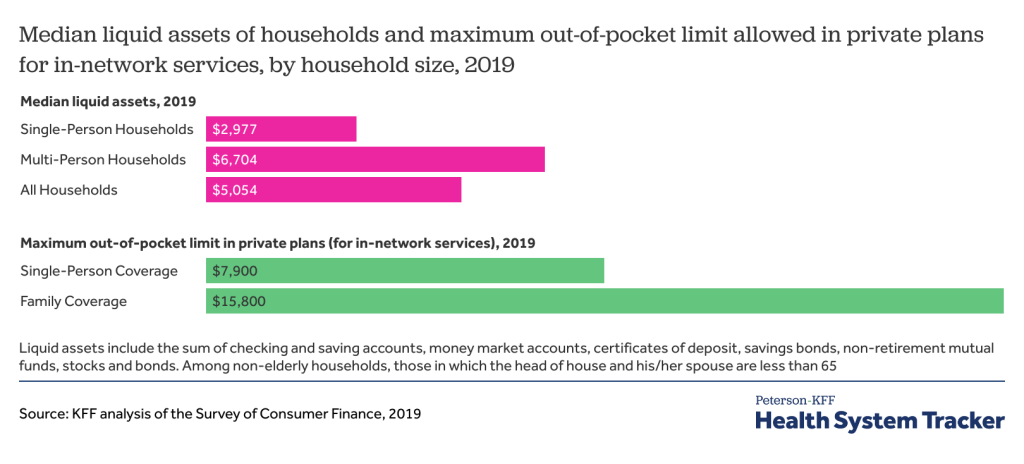
In essence, the Supreme Court’s ruling on student loan forgiveness serves as a cautionary tale, suggesting that progressive proposals for debt relief, including Senator Sanders’ vision for addressing medical debt, may encounter formidable resistance and legal roadblocks, further entrenching the status quo of financial precarity for millions of Americans.





